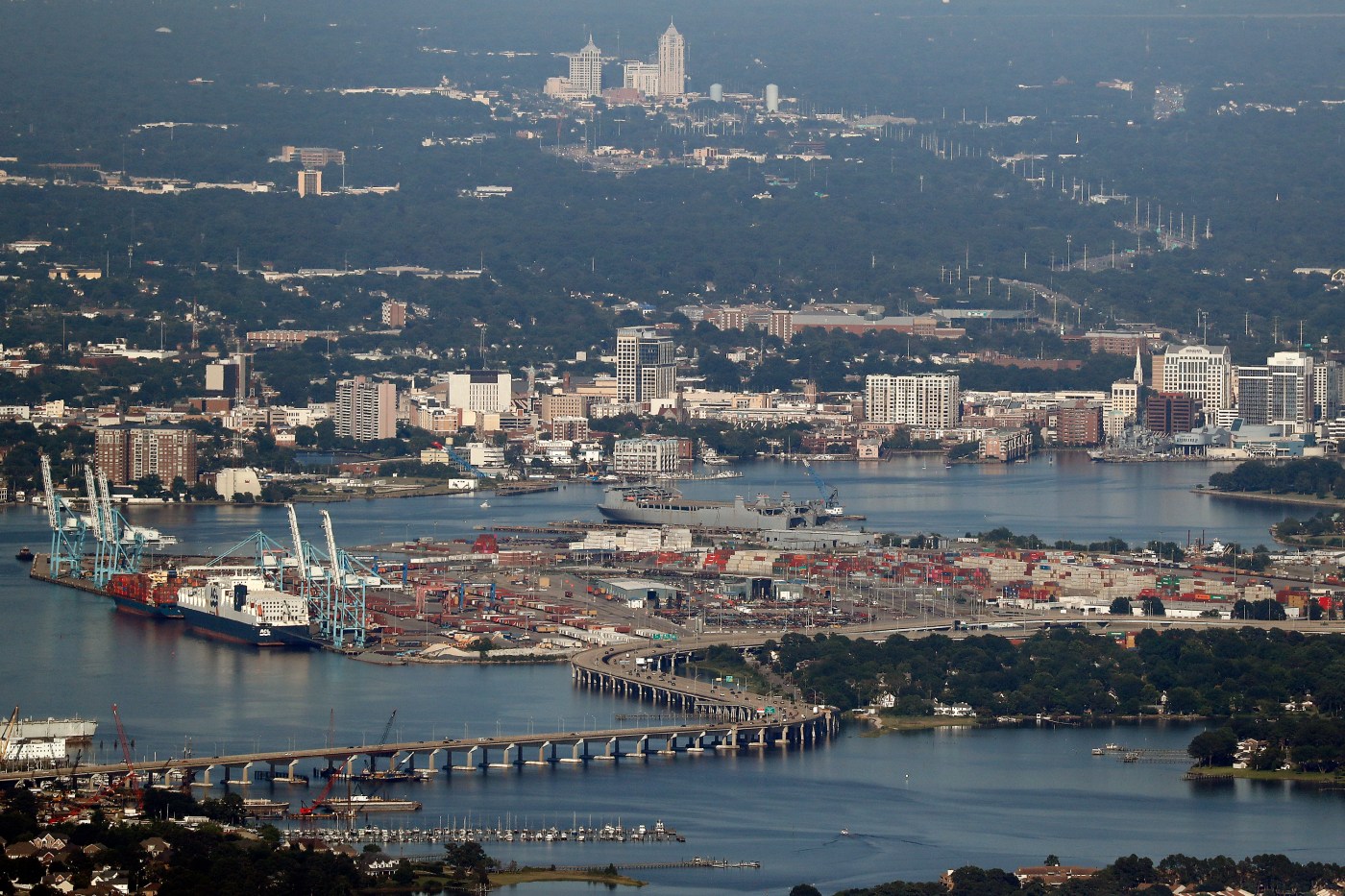Hampton Roads faces significant challenges stemming from its governance structure and prevailing mindset. In a recent opinion piece published on April 13, William Donaldson, Ph.D., a professor of finance and management at Christopher Newport University, highlighted the fragmentation of the region into 18 independent governments. This disunity not only hampers effective collaboration but also stifles opportunities for growth and innovation.
The core issue, according to Donaldson, is rooted in a mindset that prioritizes competition and fear over cooperation and shared vision. He suggests that local leaders often operate under a “scarcity mentality,” where the success of one locality is perceived as a loss for another. For instance, if Norfolk secures a new project, it is assumed that Chesapeake must have missed out. This zero-sum thinking creates barriers to regional collaboration and undermines economic potential.
Donaldson draws on the ideas of notable thinkers such as Stephen Covey and Carol Dweck to illustrate the shift needed in Hampton Roads. Covey’s concept of the “scarcity mentality” contrasts sharply with a mindset of abundance, which emphasizes that there is enough opportunity for all. Meanwhile, Dweck’s notion of a fixed versus growth mindset underscores the importance of adaptability and learning in fostering progress.
Cities within Hampton Roads often cling to a fixed mindset, evidenced by common phrases like, “That’s not how we do things here,” or “We tried that once in the ’90s.” This resistance to change stands in stark contrast to more successful regions like Austin, Charlotte, and Raleigh, where innovation and collaboration are embraced.
The Infinite Game: A New Perspective for Hampton Roads
Donaldson introduces the concept of the “infinite game,” as discussed by James P. Carse. In this framework, the goal is not merely to win immediate contests but to sustain long-term development and adaptability. He argues that too many localities in Hampton Roads are focused on short-term goals, such as balancing this year’s budget or planning the next ribbon-cutting ceremony. This narrow focus detracts from the larger vision of competing for global capital, talent, and innovation.
The future of Hampton Roads relies on its ability to foster trust, vision, and a shared purpose among its various municipalities. The fear of losing control often leads leaders to resist consolidation and regional governance, but Donaldson argues that true leadership involves expanding influence and achieving collaborative results.
He emphasizes that to thrive in an increasingly complex world, the region must move away from fragmentation and towards a mindset that values collective gains over individual competition. This shift requires open dialogue about the type of region Hampton Roads aspires to become, rather than waiting for government votes or policy changes.
Shifting Perspectives for a Unified Future
Donaldson’s call to action highlights the urgent need for a cultural transformation in Hampton Roads. By prioritizing collaboration and embracing a mindset of possibility, local leaders can unlock the region’s full potential. The emphasis should shift from fear of loss to a commitment to shared growth and opportunity.
To compete effectively, Hampton Roads must think regionally and act collaboratively. As Donaldson concludes, “If we want Hampton Roads to compete with the best, we must think like the best.” The region stands at a crossroads, and the time has come for its stakeholders to engage in conversations that will shape its future.
The game has changed, and it is essential for the mindset of Hampton Roads to evolve accordingly.
